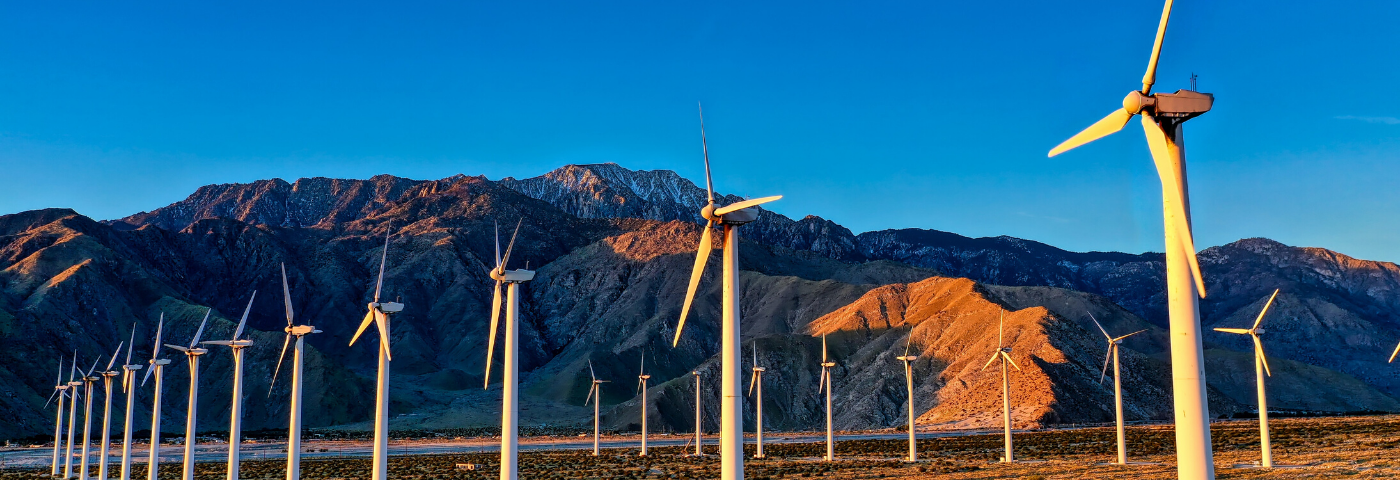To kick-off the launch of ILTM’s Global Heatmap, we’ll be looking at the accelerated demand for green travel in the wake of COVID-19 and what that might mean for the future.
Introducing Altiant and the Global Heatmap
ILTM’s Global Heatmap is a new monthly series created by ILTM’s new resident consumer analyst, Meryam Schneider of Altiant. For those who don’t know, Altiant is a one-of-a-kind fieldwork specialist that empowers insight experts, marketers and agencies working within the luxury goods and wealth management industries to gain a deeper understanding of their audience. Each month, Meryam will be drawing insights from a unique HNW sample-set collected through Altiant’s highly-selective proprietary panel, LuxuryOpinions®.
Green Travel: Acceleration and Adoption
The factor currently at the heart of every decision, of course, is COVID-19. This unprecedented crisis led to equally unprecedented responses including some key demographic shifts, one of which being the acceleration and adoption of green travel.
Based on our data, this new desire to ‘go green’ has extended to all corners of luxury consumerism, from fashion and luxury goods to travel, suggesting that many people will now take these factors into consideration when purchasing, either amplifying their burgeoning desires or creating ones that didn’t previously exist.
The sample-set in question comprised of 580+ wealthy consumers from the UK, US, France and China, all of which had a median household income of $404K and investible assets of $911K. From this data set, we have discovered some key points that will likely help shape the future for travel professionals looking to stay ahead of the curve when the industry is back in full swing.
Undoubtedly, one of the most notable takeaways is that in the UK, France and the US, the increase for green living since the onset of COVID-19 has dramatically increased. This is manifesting as a big shift in mindset, with luxury consumers questioning their consumption of luxury goods and stating strong intentions to consume green and local in the future. As of the time of this publishing, 38% of French and US luxury consumers have actively questioned their consumer behaviour and this is only slightly lower, at 37%, for people in the UK.
What’s especially interesting, however, is not only the geographic trends but the age demographic changes that have also developed.
Pre-COVID-19, green living and sustainability were primarily millennial (18-40 years) concerns, with older generations placing far less emphasis on them. Today, by far the biggest shift in mindset has been in the 40+ demographic, suggesting the favoured brands of GenX-ers and Baby Boomers may need to think very carefully about how they react.
It is within China, however, that there’s the biggest deviation here. The data from China suggests that only 25% of people are concerned with local produce and experiences, though an astonishing 57% are noted to be interested in sustainably produced luxury products. This illustrates that while China may be more interested in going green, they are not necessarily as interested in doing so from their own shores.
What Might This Mean for the Luxury Travel Industry?
All this translates into a far stronger interest in sustainable luxury and, where possible, luxury products produced locally. The latter applying less to the Chinese wealthy, who show a very strong desire to buy green but not necessarily in China.
Although sustainable consumption is much stronger within the Millennial segment, women and the 40+ age group were more likely to question their consumption of luxury goods, pointing towards a future shift in the messages that resonate with some Baby Boomers and Gen-X.
And of course, with this new world awareness brings the reaffirmed need for travel experts, able to advise people who are now much more concerned with sustainable options and quality experiences. All this provides the travel community with a clear direction on what post-COVID-19 clients will be looking for when they eventually return to travelling and holds great promise for the industry’s future.
Watch this space for the next Global Heatmap.


